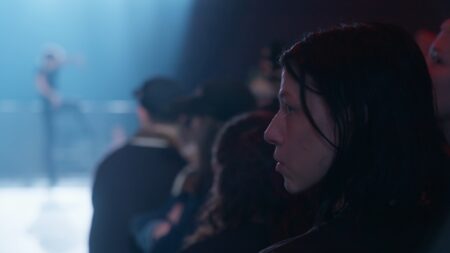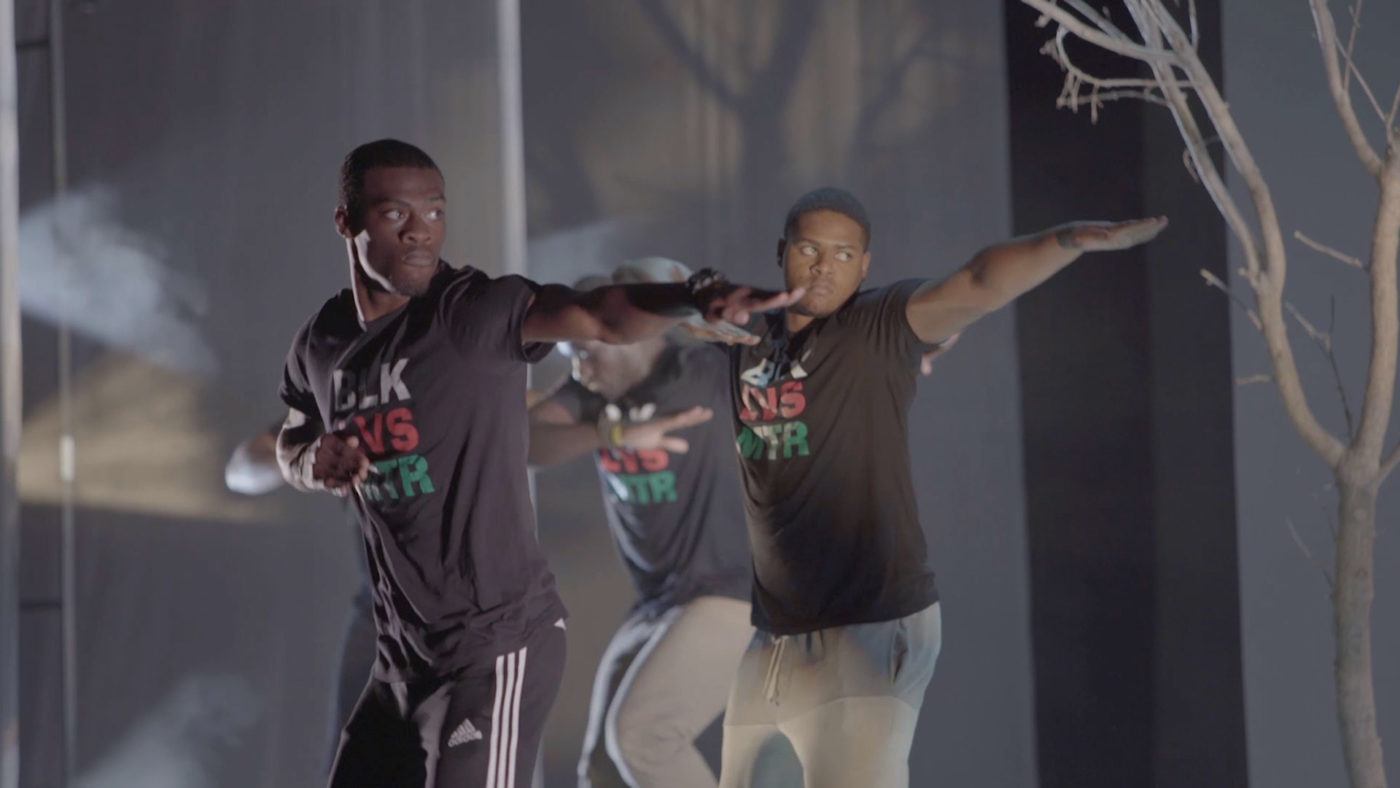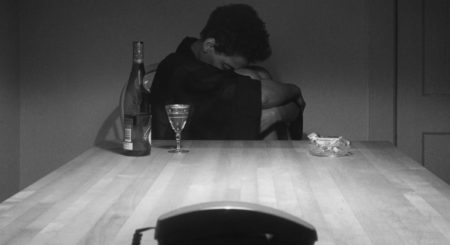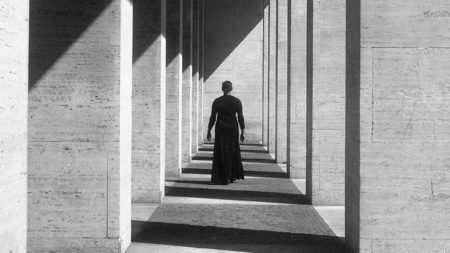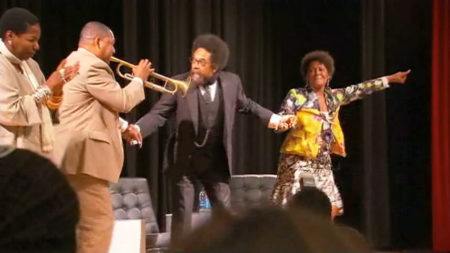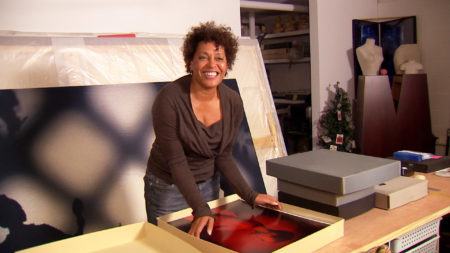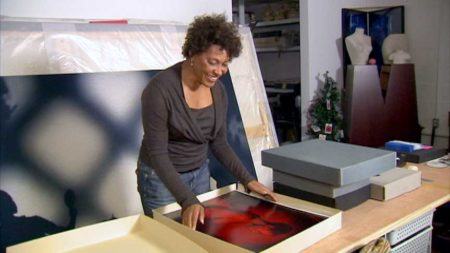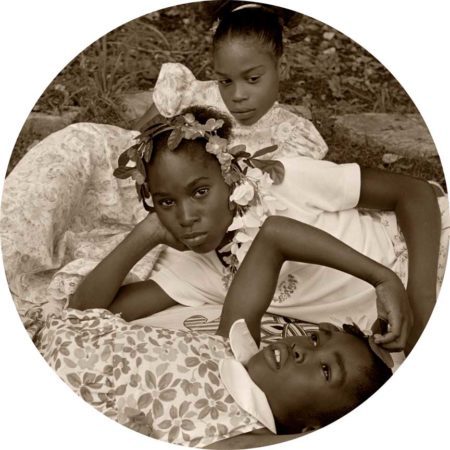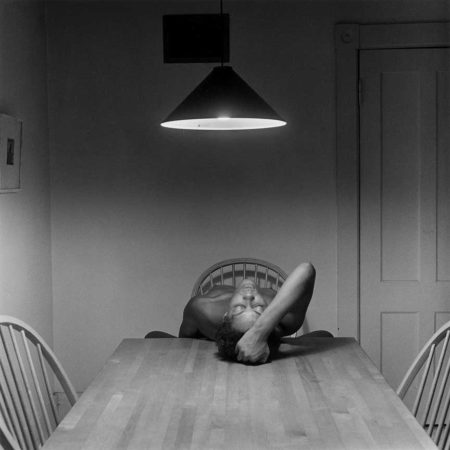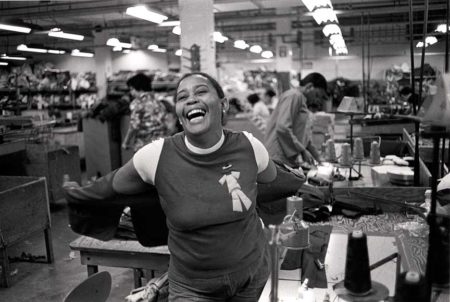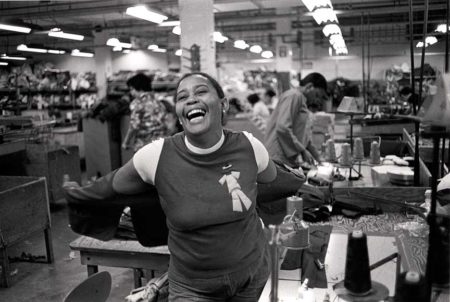Carrie Mae Weems
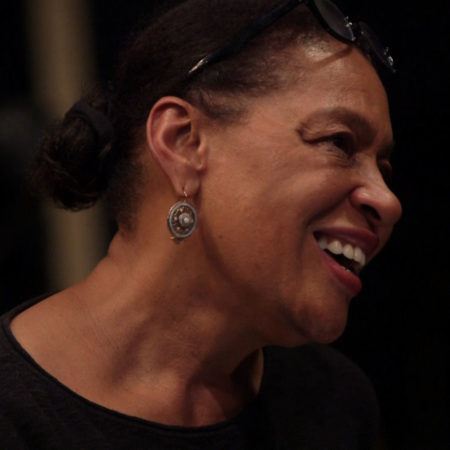
Carrie Mae Weems was born in Portland, Oregon, in 1953. Weems earned a BFA from the California Institute of the Arts, Valencia (1981), and an MFA from the University of California, San Diego (1984), continuing her studies in the Graduate Program in Folklore at the University of California, Berkeley (1984–87). With the pitch and timbre of an accomplished storyteller, Weems uses colloquial forms—jokes, songs, rebukes—in photographic series that scrutinize subjectivity and expose pernicious stereotypes.
Weems’s vibrant explorations of photography, video, and verse breathe new life into traditional narrative forms: social documentary, tableaux, self-portrait, and oral history. Eliciting epic contexts from individually framed moments, Weems debunks racist and sexist labels, examines the relationship between power and aesthetics, and uses personal biography to articulate broader truths. Whether adapting or appropriating archival images, restaging famous news photographs, or creating altogether new scenes, she traces an indirect history of the depiction of African Americans of more than a century.
She has received honorary degrees from Colgate University (2007) and California College of the Arts (2001). Awards include the MacArthur Fellowship (2013); Anonymous Was a Woman Award (2007); Skowhegan Medal for Photography (2007); Rome Prize Fellowship (2006); and the Pollack-Krasner Foundation Grant in Photography (2002); among others. Weems’s work has appeared in major exhibitions at Savannah College of Art and Design (2008); W. E. B. Du Bois Institute for African and African American Research, Harvard University (2007); Williams College Museum of Art, Williamstown (2000); and Whitney Museum of American Art, New York (1998); among others. Carrie Mae Weems lives and works in Syracuse, New York.
Videos 8
-
Carrie Mae Weems
